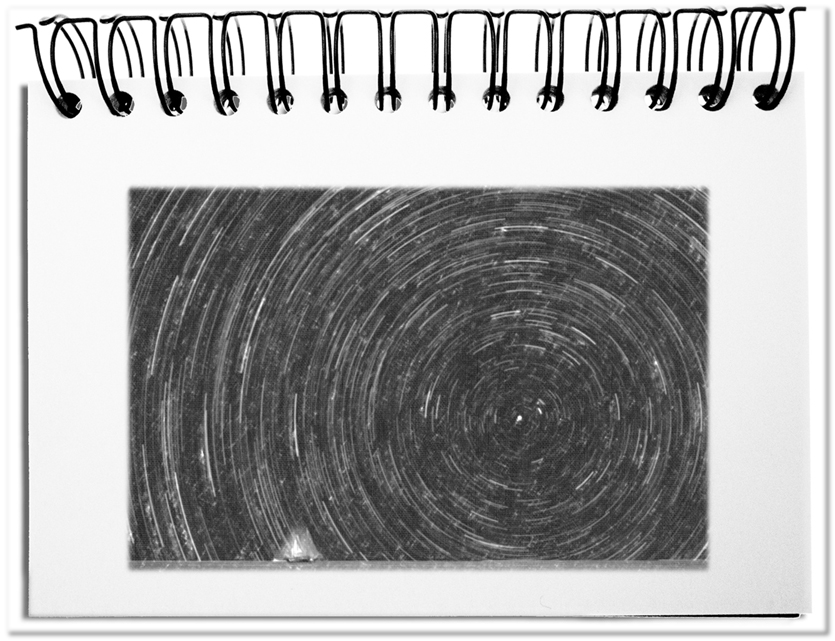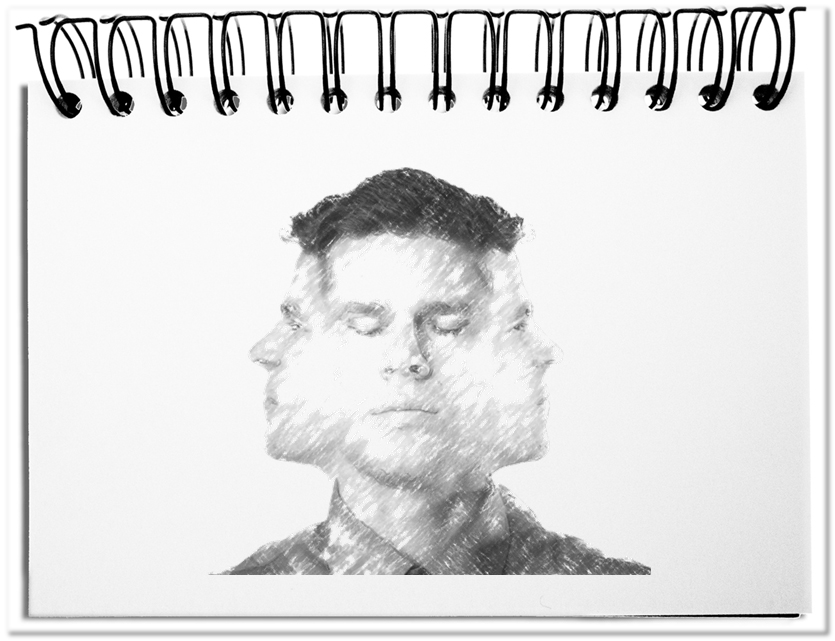On the open sea and without appropriate landmarks people orient themselves with the help of the sky. During the day, the sun leads you. At night one uses the visible stars, which move on a circular path. All stars are on the move? No! One star seems to be fixed above the North Pole. This gives seamen in the northern hemisphere for centuries the opportunity to determine north without a compass. The distance to the horizon allows the calculation of the latitude, where the observer is located. In business life, a corresponding, widely visible reference point is needed.
Just as the cardinal points can be deduced from the pole star, the significant business landmark provides the basis for the alignment of the collective attitude. The business Polaris influences the following aspects.
- Perception
We do not perceive everything that is there, but, depending on the current mood, we filter out what fits best at this moment. Basically, each of our five senses is set to a defined bandwidth. In addition, our mindfulness determines what we extract out of the flood of information. As a result, perception influences our thinking. - Thinking
The thinking becomes more sensitive in the course of life. The concepts and models are stabilizing and becoming clearer and more coherent. The personal standpoint enforces individual opinions. In order to get to a common perspective, a guiding system is needed that determines the collective thinking and the joint messages. - Communication
Once the group exchanges ideas, a common language is needed. It contains words, pictures and other means of communication as well as a common understanding. Since the exchange of information can not convey the actual meaning, everybody needs a harmonized resonance space that provides similar associations. As a result, the real action is pushed into similar paths. - Action
The intention is implemented only by the doing. Thereby the message gets further distorted, since individuals are also influenced in the doing by unconscious reflexes and feelings. However, the action creates that way the facts that do not match the original intention. Through a guiding principle, the actions are always re-bundled and aligned to each other.
The group members follow their personal interests. The guiding star allows the adaptation of the interests and to unanimously navigate through the flood of stimulants, the structures of the mental models, the vague messages and the diverse actions. The definition of a given reference point allows the participants to move independently in the agreed direction. Such a pole star is a fundamental business topic such as customer orientation or product orientation or process orientation.
Bottom line: The basic course of the company can be determined by a simple business landmark. This activates the appropriate filters in the workforce, which adjust the perception. Thinking revolves around a fixed reference point. The vocabulary ultimately includes terms that everybody interprets in a similar way. At the end, harmonization becomes visible through the actions of each individual. The landmark helps determining all further steps – as well as the use of the pole star for navigation on the open sea. This makes Polaris the ideal metaphor for the business landmark.


